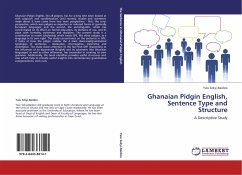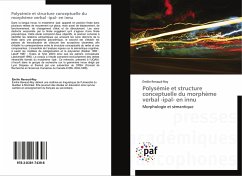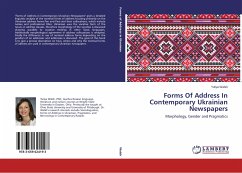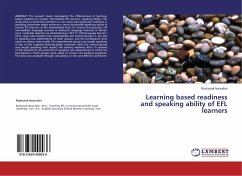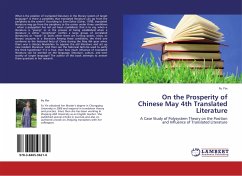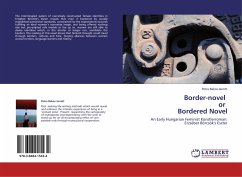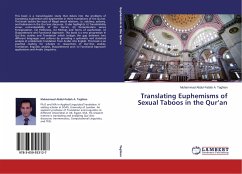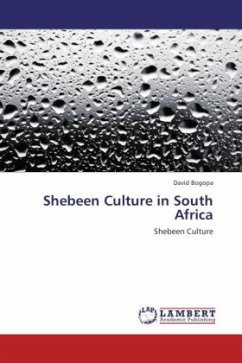Ghanaian Pidgin English, like all pidgins, has for a long time been looked at with suspicion and condemnation. Until recently, studies and comments made about it have come from two main perspectives - first, the error perspective, which sees pidgins as imperfect or reduced forms of generally European languages; and the second, the sociolinguistic, which has concentrated on its effect on formal education, its domains of use, and its place with formality, politeness and discipline. The present study is a contribution to recent scholarship which treats GPE, like other pidgins, as a language in its own right. The study concentrates on the sentence in GPE. It looks at how the pidgin realizes the 4 main discoursal/grammatical typologies of sentences - declarative, interrogative, imperative and exclamative. The study draws attention to the fact that GPE responding to the influences of its superstrate (English) and its substrates (the Ghanaian languages) as well as other influences, has succeeded in creating its own grammar. Additionally, the book identifies provides useful structures and uses which help to provide useful insights into contemporary grammatical categorizations, even outs
Bitte wählen Sie Ihr Anliegen aus.
Rechnungen
Retourenschein anfordern
Bestellstatus
Storno

